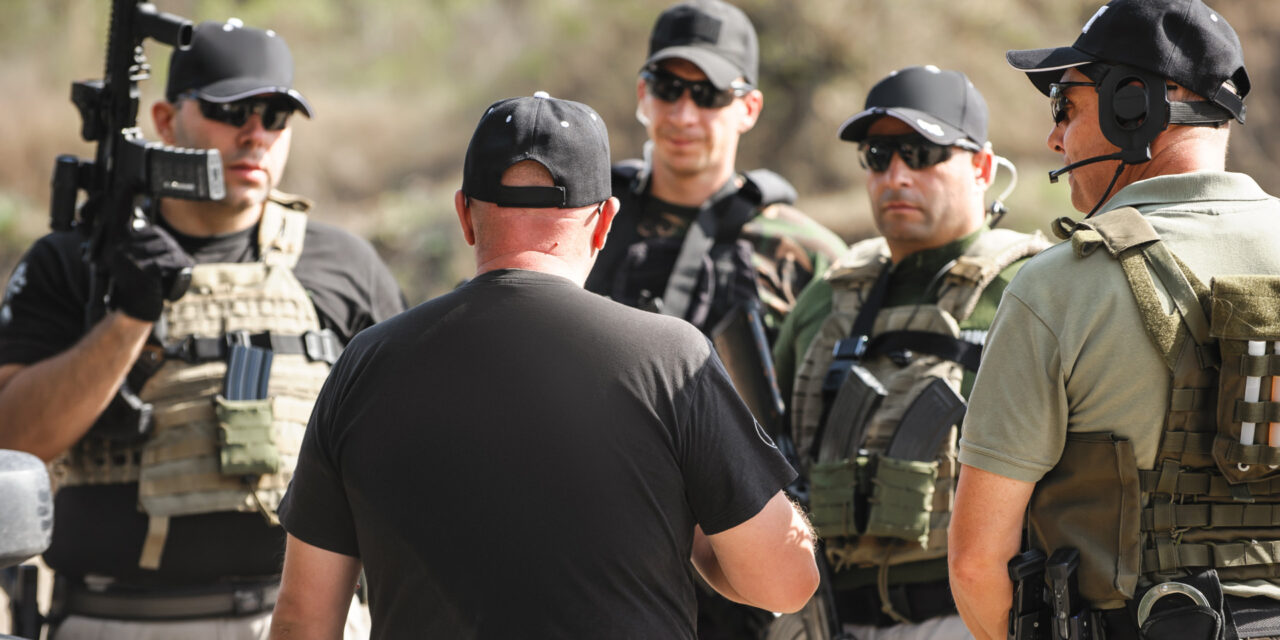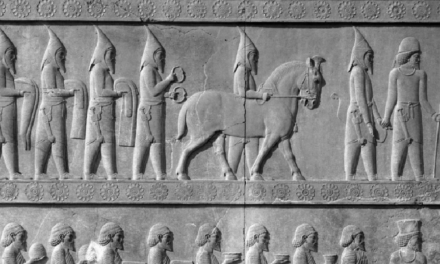The dirty work is not only done by Russians with private contractors. Dive into the strange world of mercenary armies.
It's true, the word "mercenary" doesn't really have a positive connotation. In any language, it is not a coincidence that today the ugly reality often hides behind the shameful name PMC - Private Military Company, that is: "private military contractor". And although the phenomenon itself came into the spotlight again in connection with the Russo-Ukrainian war and thanks to Yevgeny Prigozhin, it is by no means a modern story, nor can we speak of (only) Russian innovation, no matter how much Euronews' collection would suggest .
we can recommend the Huszárvátáz blog the article written for our paper by Bálint Somkuti, a researcher at the MCC Geopolitics workshop in short, by the way, it is about the 15-16-17. In the 19th century, rulers who were unable to finance the maintenance of a standing army, but who loved war, willingly hired mercenaries who, under the command of mercenary captains, were able to wage war against anyone and anything for money. Then, over time, the administration, conscripts and all other absolutist lordly flanks necessary for the state's monopoly of violence were formed, and the mercenaries gradually receded into the background.
But they have appeared from time to time since then, typically when the state is weakened - for example due to a civil war - or when the state does not want to get its hands dirty somewhere, because it would result in, say, a diplomatically delicate situation.
This famous institution owes its renaissance in the twentieth century to the breakup of the colonial empires, and typically the companies founded by special operations soldiers who served in the British "SAS" played a dubious role in the life of the former estates.
WatchGuard International, the Control Risks Group, the Risk Advisory Group, or the later founded Executive Outcomes all appeared there,
where the state's monopoly on violence has weakened or even ended as a result of a coup d'état"
Somkuti writes.
In the American context, these companies appeared mainly in connection with the invasion of Iraq in 2003, and then the incident known as the Blackwater scandal occurred, when the mercenaries of the named company accompanied American diplomats and got involved in a shootout at a busy intersection in Baghdad; the result of which was the death of 17 civilians, followed by protracted court hearings and the complete discrediting of mercenary companies in front of the public. That's when they got the PMC word camouflage.
However, as Somkuti notes, the fallen veil "did not prevent the states from using the easily deniable, typically black, secret money-financed formations in almost all (!) current conflicts, further destroying the (legal) foundations of the already raging international order".
To see what this means in reality, let's quote one of the green berets who explained why they cooperate with local groups that terrorize civilians: "There are no good guys according to our standards. First of all, there are no standards.
There is no justice or rule of law to hold people accountable. The Taliban is not terribly evil, the Afghan farmer is not an innocent victim"
– can be read on the interface of The Christian Science Monitor.
But let's see the list of these western mercenary companies!
Of course, the most important of the most important is the former Blackwater, which ran under the name Academi after the scandal (now part of the Constellis holding). It was founded in 1997 by former commando Eric Prince along with marksmanship coach El Clark. The company is headquartered in North Carolina.
As Medium.com writes, the company's fighters took part in operations in Afghanistan, but there is virtually no information about its activities at that time, as the US government clearly has no interest in disclosing such information. The company has received billions of dollars in orders from the Washington cabinet to perform security tasks, that's pretty much certain.
By the way, they also travel in training centers and even manufacture their own armored fighting vehicles. And all the while they picked themselves up at breakneck speed:
about 90 percent of the company's profits come from contracts with the US government.
Statistically, the picture is as follows: if in 2001 the company received about 735,000 dollars from the American budget, then in 2005 this amount increased to 25 million dollars, and a year later it reached 600 million dollars. As the blog notes, "every day an Academi mercenary costs the US government $1,200 (in comparison, a regular army soldier only costs $150-190)." At the same time, Blackwater participated in rescue operations after the most destructive hurricane in the history of the United States, "Katrina" - not for free, of course, during the entire duration of the operation, the company earned $240,000 a day.
Let us add, very quietly, that according to intelligence reports, the company actively participated on the Ukrainian side in the Russian-Ukrainian conflict, but the United States government and Academi itself are trying to deny this - and it is successful among those who want to believe that this is so.
(…)
How much the word mercenary has become a swear word is clearly shown by the fact that Florida Republican Governor Ron DeSantis is also trying to discredit him in front of the public with such an organization - whether this has any effect on mercenary life is another question.
What is certain, however: the modern mercenary captains, Prigozhin's Western equivalents, use more sophisticated means (and of course not from prisons), but in the same way they recruit people ready to die all over the world, so that the hands of their clients remain clean - if only because blood does not stick to theirs because it does not have time to dry.
The entire article can be read on Mandine!
Featured image: Getty Images












